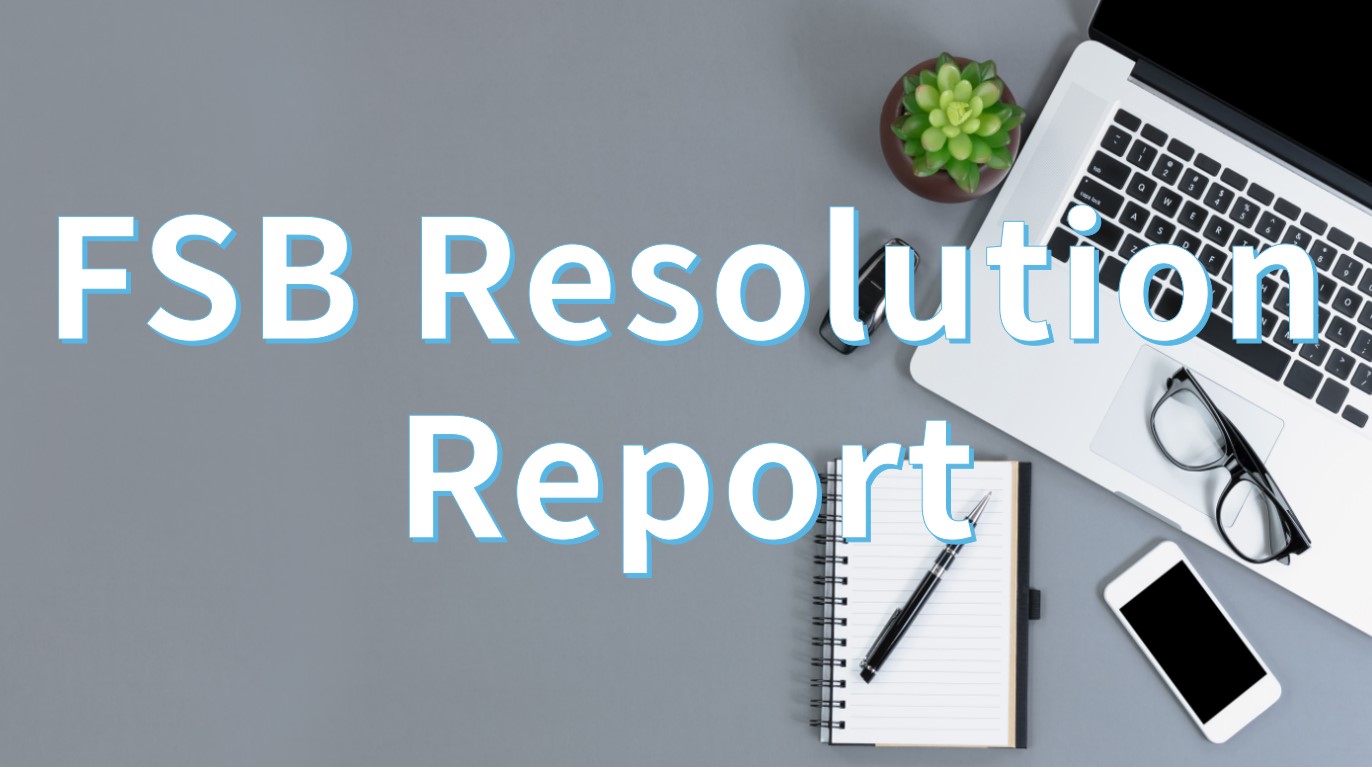Reforms of stock market highlighted
China's capital market needs more market-oriented reform measures to further unleash its great potential and better support the real economy, experts and market analysts said.
Looking at the increased opportunities arising in China's capital market, they said the measures should include better regulating the behavior of listed companies'major shareholders, in order to strengthen the foundation of a fair market environment.
"The A-share market is actually offering more opportunities for investors from both home and abroad," said Yang Weiyong, an associate professor of economics at the University of International Business and Economics.
Foreign inflows into China's A-share market have increased recently as northbound trading of stock connects between the mainland and Hong Kong bourses saw net capital worth 103.28 billion yuan ($15.21 billion) flow into A shares from the beginning of January to Jan 19.
The amount marks the highest single-month net foreign inflow since the connect mechanism started in 2014, according to market tracker Wind Info.
Hong Kong's stock market ended higher on Thursday with the benchmark Hang Seng Index up 2.37 percent and the Hang Seng China Enterprises Index rising by 2.98 percent.
The CSI 300 index, which covers the top 300 stocks traded in Shanghai and Shenzhen, has risen by about 8 percent since the beginning of the year, closing at 4,181.53 points on Jan 20, the last trading session before the Spring Festival holiday, according to Wind Info.
In terms of specific reform measures, experts said administrative and legal measures to punish major shareholders' illegal behavior related to selling their stake to take profits should be intensified, while imposing additional taxes on legitimate holding reduction could be considered.
Holding reduction refers to the behavior of big shareholders, executives or actual controllers of listed companies to reduce their holdings in the companies, which usually leads to drops in stock prices and losses among smaller shareholders.
Dong Dengxin, director of Wuhan University of Science and Technology's Finance and Securities Institute, said it is necessary to step up punishment of those accountable for illegal holding reduction by filing representative actions and leveraging big data to strengthen the supervision and detection of such behavior.
In order to maximize their gains from holding reduction, listed firms' major shareholders sometimes resort to improper information disclosure and stock price manipulation, which are serious illegal acts that hurt smaller shareholders' interests and should be severely punished, Dong said.
The revised Securities Law, which took effect in 2020, has stipulated that if holding reduction violates laws and regulations, such as in terms of the time and amount of reduction and relevant information disclosure, it will be punished with fines.
Dai Guanchun, a senior capital markets lawyer, said the tax burden facing major shareholders' holding reduction is relatively low, and it could be reasonable to appropriately raise related taxes to encourage more responsible behavior among major shareholders and protect the rights of small investors.
Liu Junhai, director of the Business Law Center at Renmin University of China, said that any potential tax mechanism regarding holding reduction should be designed in a way that provides incentives for big shareholders to maintain a steady holding in listed companies, avoids dampening their willingness to invest, and therefore helps to promote common prosperity.
The calls for better regulating the behavior of listed companies'major shareholders came as part of China's deepening capital market reforms, which aim to create a rules-based, transparent market environment that is appealing to global investors and more supportive of the real economy.
"Capital market reforms in China are likely to further improve market dynamics and transparency, bringing more high-quality investment options," said Senan Yuen, head of investment for China at Fidelity International.
"Strengthening the crackdown on illegal securities activities is essential to create a fair and transparent marketplace that attracts capital at home and abroad, which will, in turn, help real economy enterprises get more financing," said Dong from Wuhan University of Science and Technology.






















































First, please LoginComment After ~